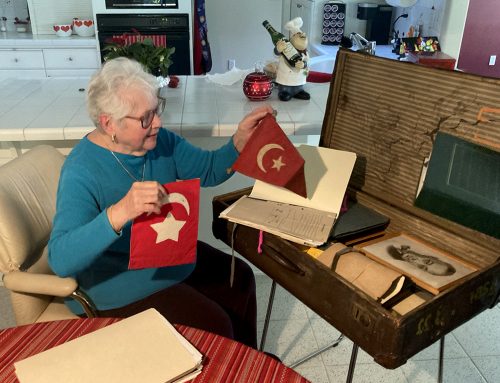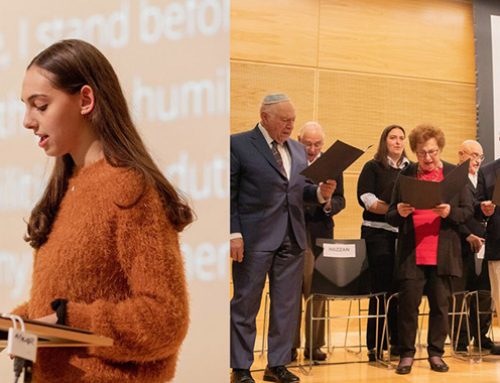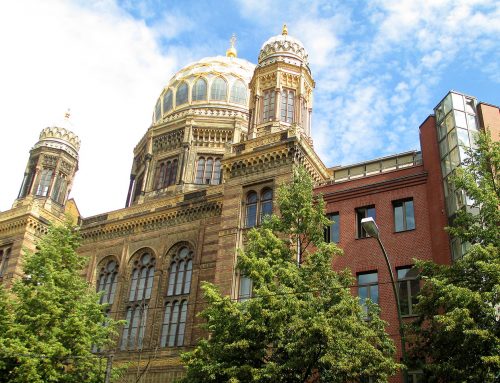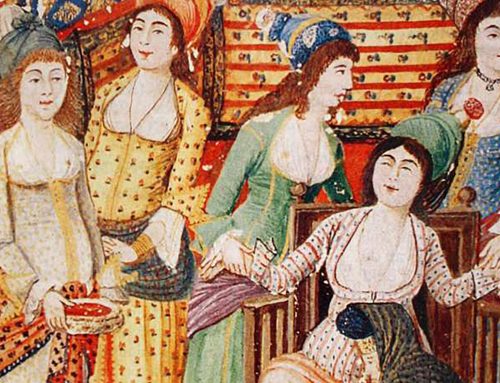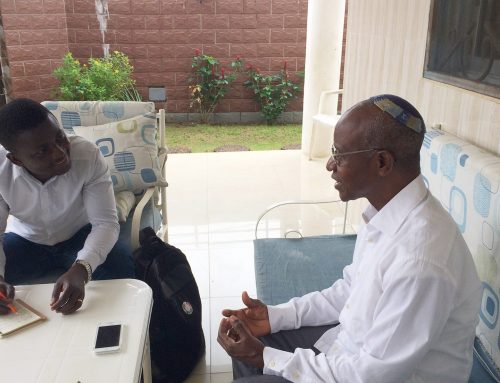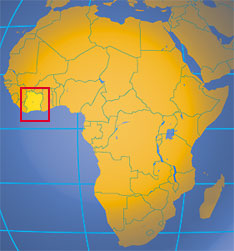
Daniel Chirot worked as a consultant for CARE in Niger in 2000 promoting civil society organizations. He worked as a consultant for CARE in the Ivory Coast in 2003-2004 and briefly in 2006 during the civil war there, also helping to organize local organizations to improve their situations at a time when the country was divided and much of it lacked government services. The situation there in some ways epitomized many of Africa’s problems.
What had once been West Africa’s most prosperous society had been too dependent on a few cash crops, mostly cocoa and coffee, so that when world prices fell, the economy suffered. It had become corrupt, so that revenues and foreign aid were not well used. It has five major language groups and about 60 different languages, and these correspond roughly to some major ethnic and cultural differences, so that in difficult times conflicts over how to share benefits created growing acrimony. There were serious disputes about landownership in the cocoa and coffee growing areas, and these became ethnic conflicts as well. All this ended up with rigged elections in the 1990s that led to a military coup, and finally, a civil war that divided the country into a rebellious, largely Muslim north and a more prosperous, but poorly governed, autocratic south. Most recently, however, there were elections that were won by a northerner. The dictator in the south refused to accept the outcome, and the civil war broke out again, with thousands more dying.
Finally, the properly elected president was able to take power, partly with outside UN and French military help, and he is trying to reunify the country. What is hopeful about the situation is that ultimately, despite the ethnic and religious acrimony that has beset this country for so long, the majority of people still made it clear that they want to keep the country unified. The Ivory Coast has the resources to regain its prosperity. But much will depend on whether or not multi-ethnic cooperation at the local level can be fostered.

